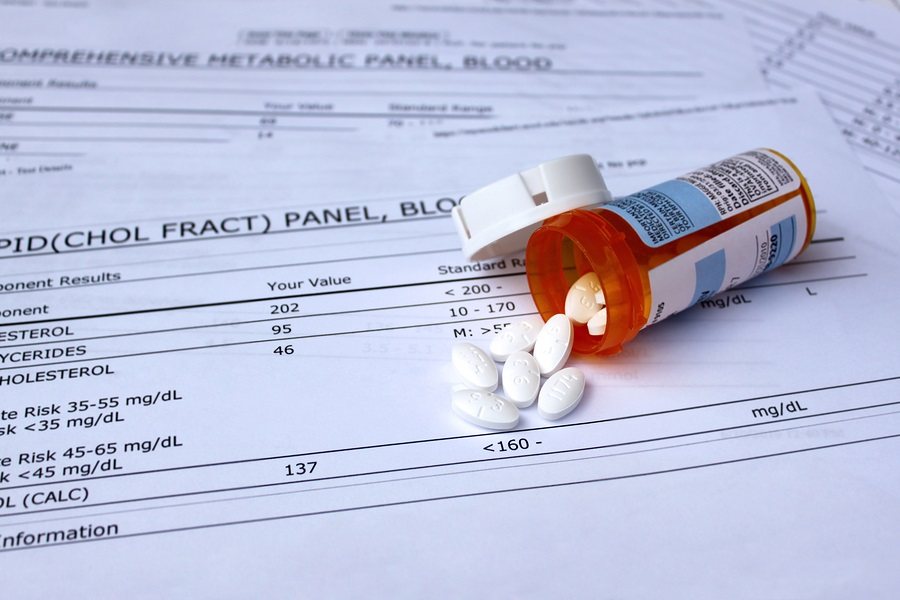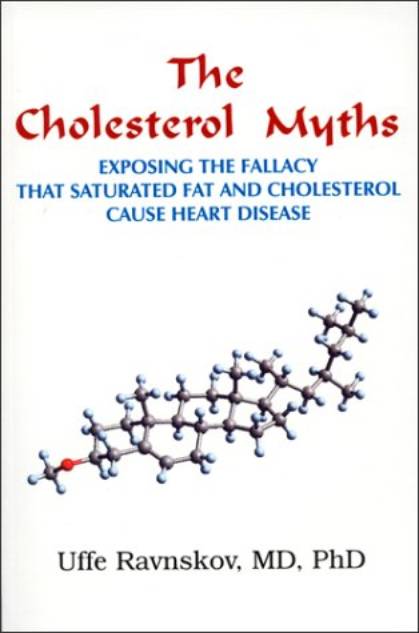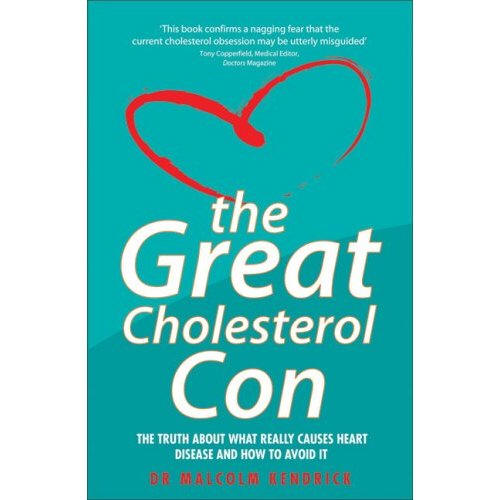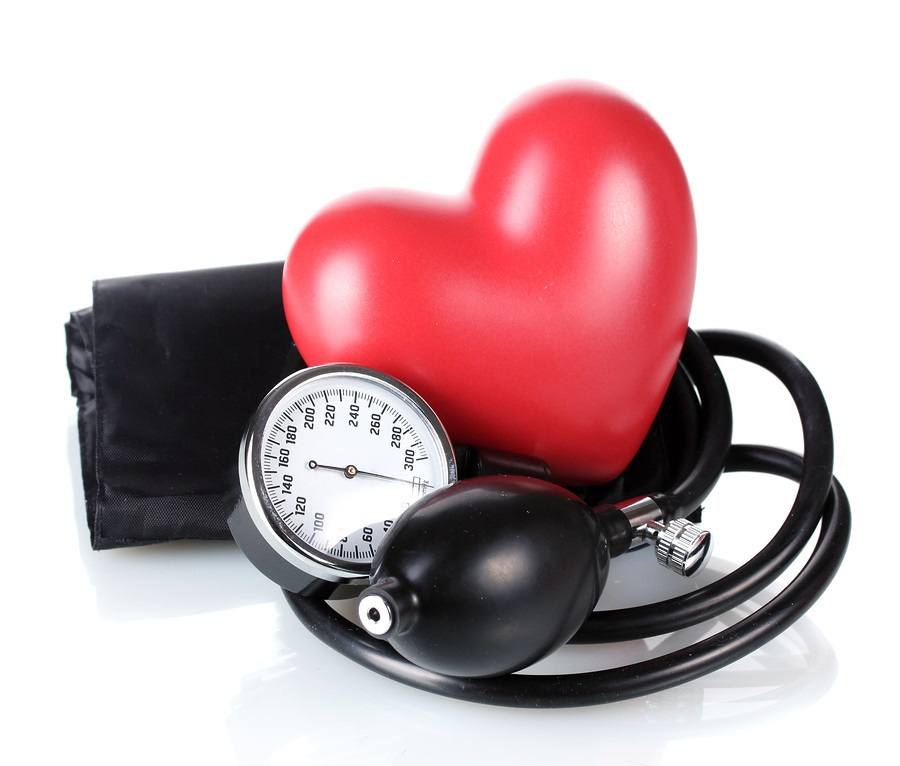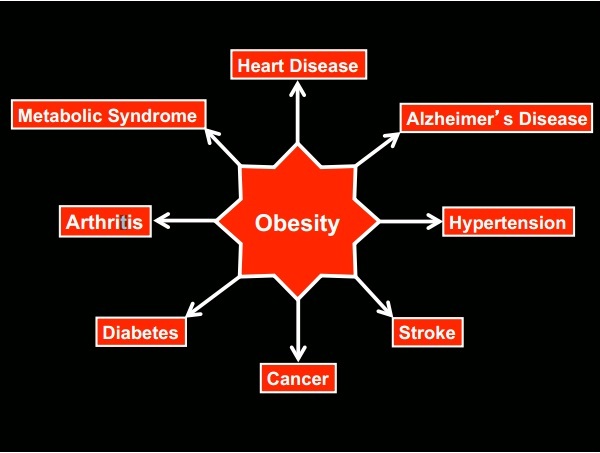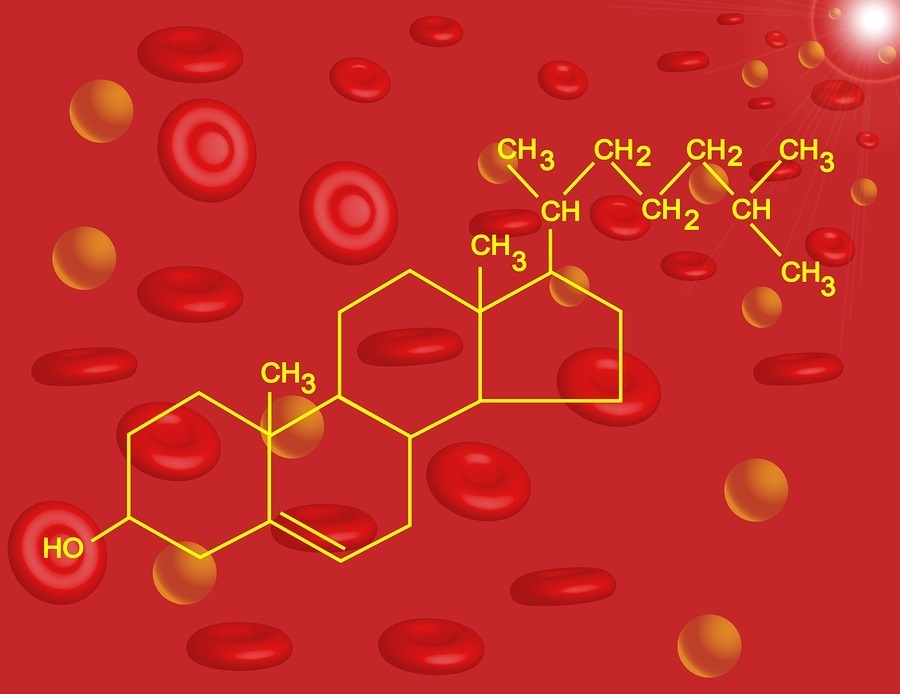The $100 billion dollar cholesterol-lowering statin drug industry is under attack, as thousands of Americans are filing lawsuits against the manufacturers cholesterol-lowering drugs such as Lipitor. Research continues to confirm just how dangerous these drugs are, with yet another study published recently linking increased statin drug use to type 2 diabetes.
One in four Americans over the age of 45 are currently on statin drugs. In spite of the increased research linking these drugs to diabetes, Alzheimer's Disease, liver damage, breast cancer, among many others, government-funded Big Pharma agencies continue to promote statin drugs and are attempting to get more Americans to take them. New guidelines put out by the American Heart Association earlier this year (2014) would more than double the number of Americans taking statin drugs.
If we follow the pattern of Big Pharma when their products can no longer be supported in a free market due to lack of consumer confidence and demand, and massive litigation due to faulty products, they will probably seek some kind of government protection from these lawsuits. Such government protection will allow them to distribute their cholesterol drugs through government drug programs such as Medicare and Medicaid, and the new Obamacare. With the baby boomer generation heading into their senior years, it is just too large of a market for them to give up without a fight.
The logic they will use with politicians in Washington D.C. will be very similar to the logic currently used by the vaccine market: Americans are too stupid to know better, so we need laws to protect us and our products against litigation so we can continue to manufacture and distribute them to people who don't want them, because they don't realize how much they need our drugs.
We are currently living in the Dark Ages when it comes to health freedom, as today's pharmaceutical companies are the biggest criminals in the marketplace, having reached settlements in criminal medical abuses that reach into the billions of dollars. Yet the government continues to not only recommend their products, but purchase and distribute them with YOUR tax dollars via government funded programs such as Medicare, Medicaid, and Obamacare.
As a consumer, you must resist purchasing these toxic products, and fight against any kind of mandated "health program" that forces you to purchase or take their products. History will look back on these Dark Days of medical tyranny with horror. In the meantime, don't become a fatality and statistic to the cholesterol drug scam! If you are responsible for caring for any seniors, help them to not become a fatality or statistic as well, by being informed and taking a stand for your rights!





